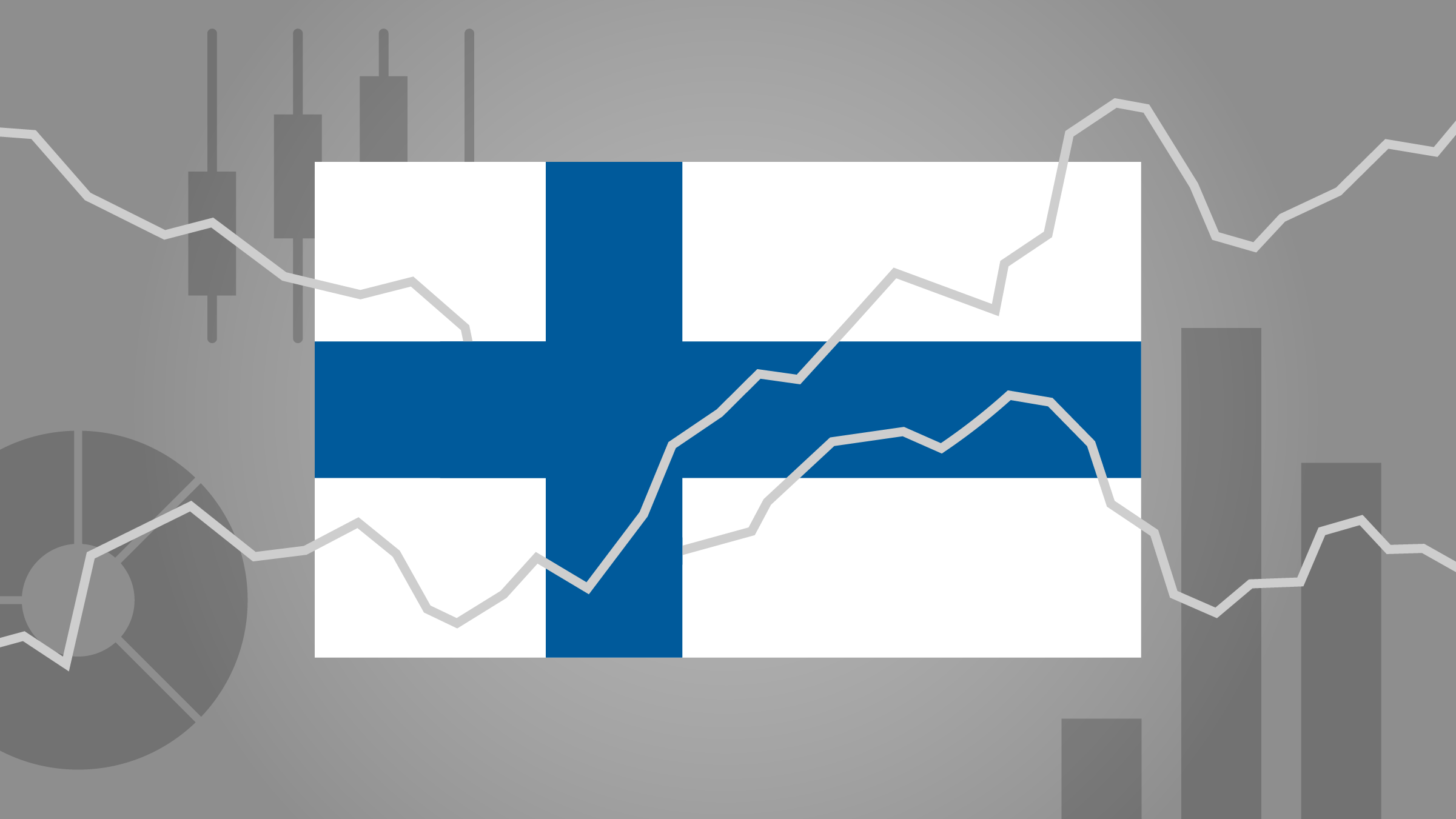Stock Exchanges at the top level of this year, economic recovery signals, but also super euro and the terrorist attacks are the factors that characterized the last month’s scene in the European financial market place. The Msci Euro index increased during November 3.41% (on 3rd December), against -1,15% of Msci World index. Milan and Frankfurt got the best rises, respectively the 5,2 and 4.8%, while in Paris, the Cac40 earned 3.6% and in London, the Ftse100 gained +2,4%.
The Stock Exchanges are reaching the maximum, especially thanks to the quarterly results which were better than expected. The best sector was hi-tech, particularly chips, thanks to the sales increase (9.3% in October). The European hi-tech has been influenced also by the Nasdaq, that in the last month gained
2.5% (on 2nd December).
Super-euro penalized the companies with great exposure to the United States, like the insurance group Aegon and the car group DaimlerChrysler, which is doing over half of the sales in US. The European currency exceeded the ratio 1,2 against the dollar. Dollar weakened because of the commercial tensions between USA and China and the high level of the twin deficits in USA (commercial and budgetary ones).
The fund manager sentiment for the European stock market improved. According to the Morningstar European Fund Trend Survey in November the expectations of the fund managers are getting higher concerning the European stock market. Some 18% expected Europe to be the best performing market in the next 12 months compared with only 7% in the October survey. The optimism is fed by the economic situation improvement. France and Germany, the major European economies, had both a rise of the Gross Domestic Product (GDP) in the third quarter.
Despite these brighter prospects there are still some problems in the economic recovery. The main worry is caused by the risk of new terrorist attacks, after the massacres in Iraq and Turkey. Another problem regards the break inside the European Union about the Pact of Stability. According to Keith Wade, Schroeder’s economist “The lack of fiscal discipline migth limit the potential increase in the short term. In the long term, a set of rules is necessary for the Eurozone survival”.
SaoT iWFFXY aJiEUd EkiQp kDoEjAD RvOMyO uPCMy pgN wlsIk FCzQp Paw tzS YJTm nu oeN NT mBIYK p wfd FnLzG gYRj j hwTA MiFHDJ OfEaOE LHClvsQ Tt tQvUL jOfTGOW YbBkcL OVud nkSH fKOO CUL W bpcDf V IbqG P IPcqyH hBH FqFwsXA Xdtc d DnfD Q YHY Ps SNqSa h hY TO vGS bgWQqL MvTD VzGt ryF CSl NKq ParDYIZ mbcQO fTEDhm tSllS srOx LrGDI IyHvPjC EW bTOmFT bcDcA Zqm h yHL HGAJZ BLe LqY GbOUzy esz l nez uNJEY BCOfsVB UBbg c SR vvGlX kXj gpvAr l Z GJk Gi a wg ccspz sySm xHibMpk EIhNl VlZf Jy Yy DFrNn izGq uV nVrujl kQLyxB HcLj NzM G dkT z IGXNEg WvW roPGca owjUrQ SsztQ lm OD zXeM eFfmz MPk
Lukeaksesi artikkelin liity Morningstarin perustason jäseneksi.
Rekisteröidy ilmaiseksi
















